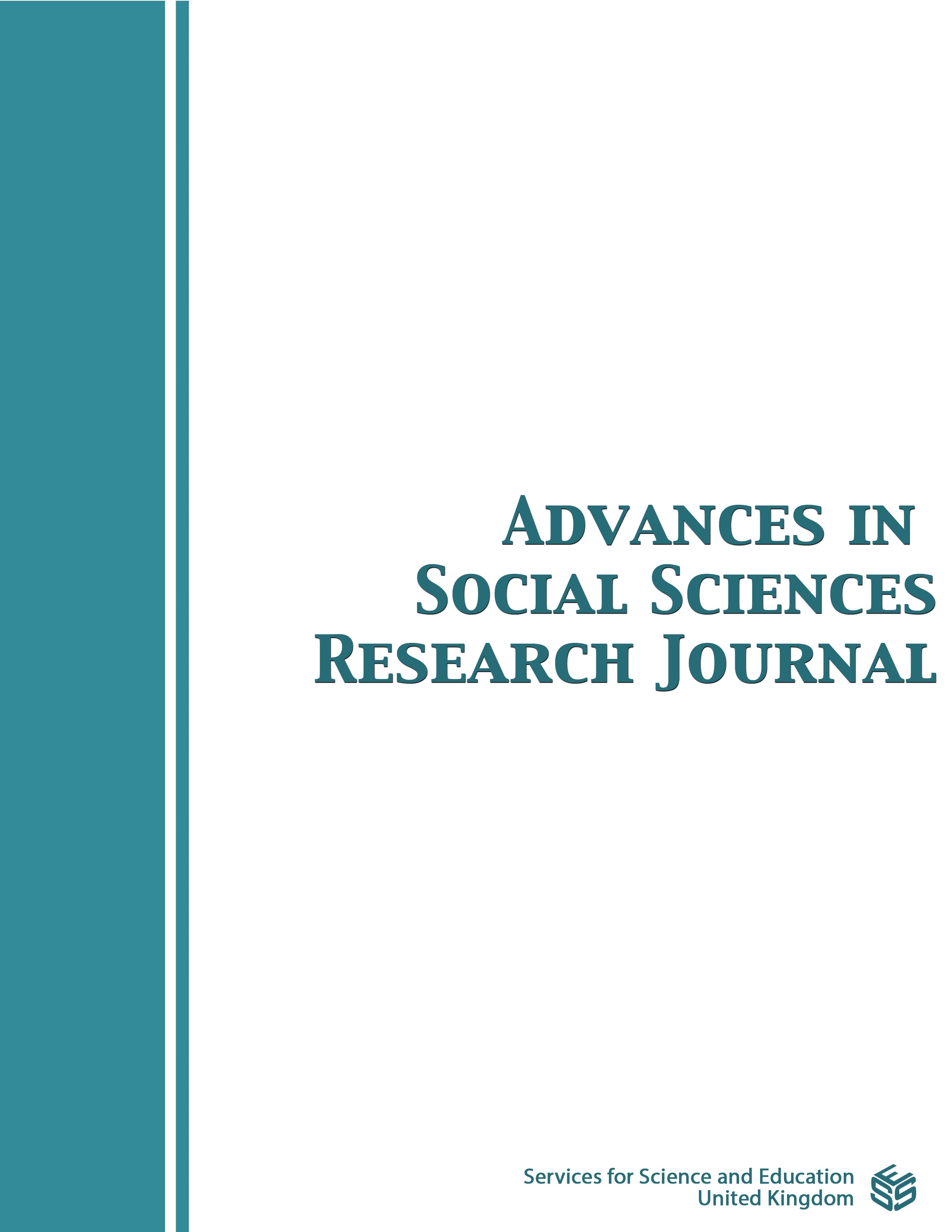Influence of Banditry on Agricultural Activities and Livelihood of Farmers in Bassa Local Government Area, Plateau State, Nigeria
DOI:
https://doi.org/10.14738/assrj.1010.15535Keywords:
Livelihood, farmers, bandits, food security, insecurity, crimeAbstract
The study investigated the effect of banditry on agricultural activities in Bassa Local Government Area, Plateau State using, 120 farmers in Jere and Buhit Districts. Five villages were randomly and purposefully selected based on bandit operations. Closed structured questionnaire was used to determine socioeconomic characteristics, types, ways and effects of operations on farmers, and farmers escape strategies. Data were subjected to descriptive statistics and mathematical technique (confrontation index) while mean bench mark of 3.0 determined significant level. Results showed that, 59.17 % male, married (56.67%) and within the ages 35 to 44 (29.16%) years dominated farming activites. The farmers had primary education (37.50%) with 11-15 (26.67%) years of farming experiences on 1 acre to 2 hectares, using average household size of 4-6 persons. Fulani herdsmen (4.6%) and Boko Haram (4.38%) were prominent, mostly through kidnapping (4.66%), rampant killing of farmers (4.37) and cattle rustling (4.28). Consequently, high food insecurity (4.56%), loss of people’s jobs, conflicts, life dependency on provider and inflation were imperative. However, farmers organized vigilante group (4.56%) and engaged security guards to protect farms, homes and villages with local weapons and charms. Results also showed that migration for safety village and branding of livestock for identification against theft were among the strategies adopted to survive. It is therefore suggested that, farmers in the interim should intensify effort towards acquiring sophisticated weapons for vigilante and security guards while government at all levels and other stockholders work out permanent solution to end banditry in Bassa for sustainable livelihood.
Downloads
Published
How to Cite
Issue
Section
License
Copyright (c) 2023 Onwunali, M. R. O., Oparandudu, G. O., Ajiji, V. I.

This work is licensed under a Creative Commons Attribution 4.0 International License.
Authors wishing to include figures, tables, or text passages that have already been published elsewhere are required to obtain permission from the copyright owner(s) for both the print and online format and to include evidence that such permission has been granted when submitting their papers. Any material received without such evidence will be assumed to originate from the authors.






